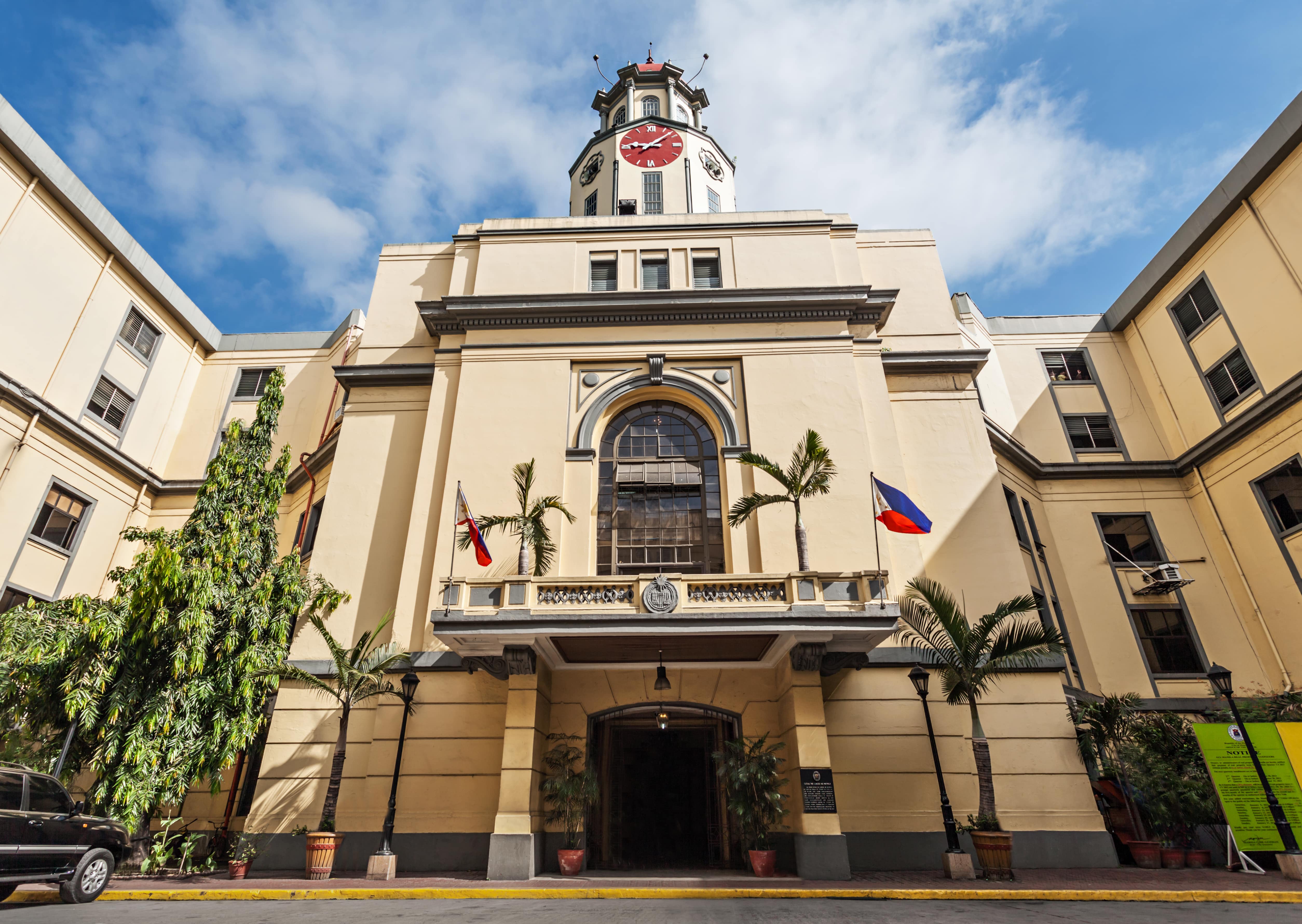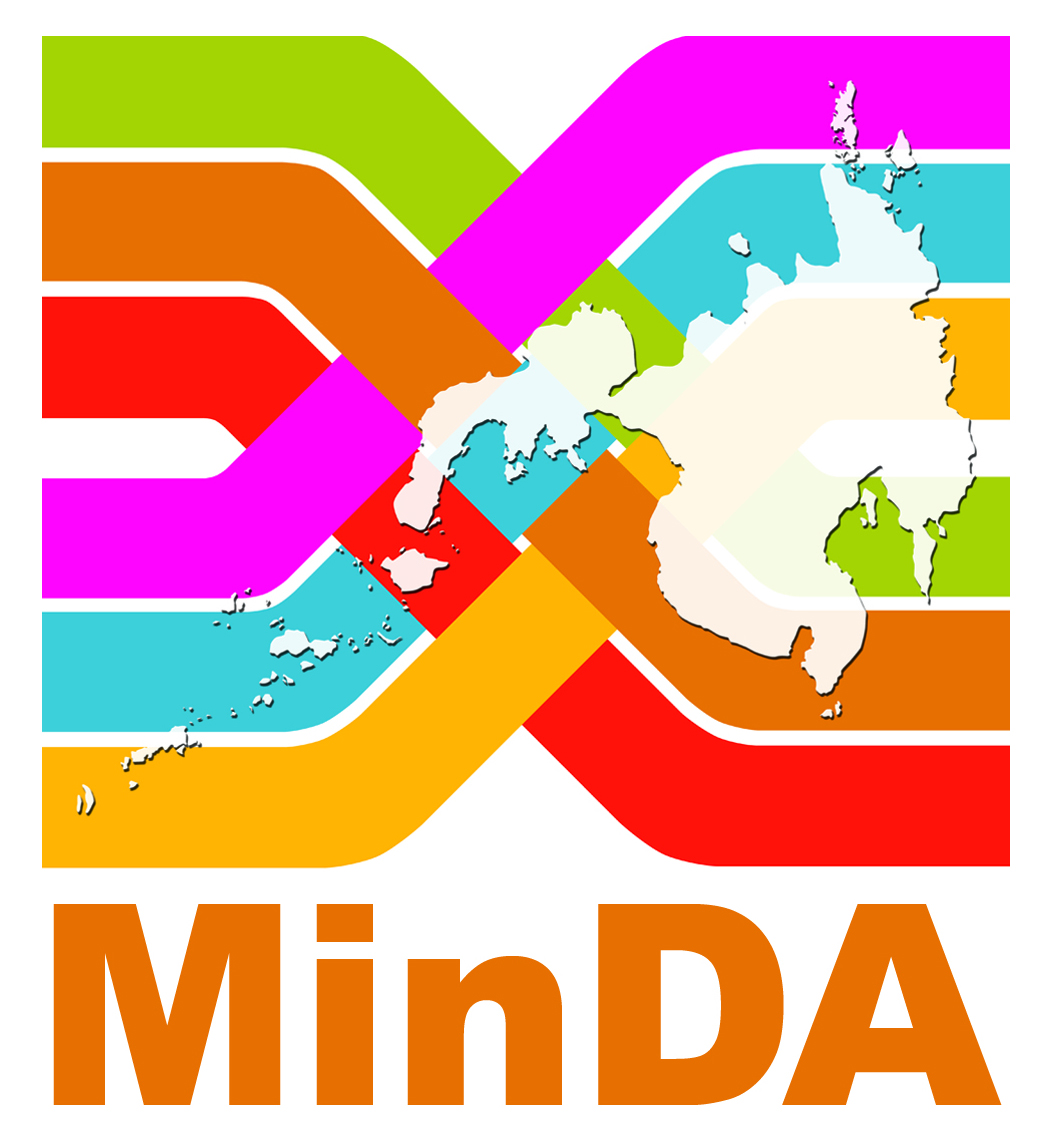Public Servants and Performance-based Incentives
Socioeconomic Issue in Spotlight

Public sector entities are expected to deliver effective and efficient public service. Public servants are envisaged to uphold the highest professional standards and put the public's interests ahead of their own. For some, serving the people is the highest calling.
This September, the country will observe Civil Service Month by virtue of Presidential Proclamation 1050, signed in 1997. The civil service system in the Philippines was formally established in 1900 through Public Law 5 or "An Act for the Establishment and Maintenance of an Efficient and Honest Civil Service in the Philippine Island".
According to a report of the Civil Service Commission on the inventory of government human resources, the government bureaucracy is comprised of 1,654,575 career civil servants, 165,882 noncareer civil servants, and 642,077 job order/contract staff as of June 30, 2022.
The Performance-Based Incentive System (PBIS), which started in 2012, was developed for employees in the public sector to "motivate higher performance and greater accountability" and "ensure the accomplishments of commitments and targets" as specified in Executive Order 43, series of 2011. The PBIS consists of the productivity enhancement incentive, an across-the-board bonus amounting to PHP 5,000 per employee, and the performance-based bonus (PBB), a merit-based bonus based on employees' performance and contributions to the accomplishment of their department's overall targets and commitments.
In national government agencies, Opiniano (2019) found several challenges arising from the changes in the PBB requirements through the years. Respondents expressed that their compliance with the requirements "has become more tedious over time" to the extent that the changes "tend to jeopardize concerned personnel's major functions". They also claimed that the PBB focal point persons, who were required to attend secretariat meetings and general assemblies, were not able to cascade the information properly to the employees or were not fully understood by the same. She recommended improving the information dissemination process of the PBB, minimizing the frequency of changes to its requirements, and revisiting the PBB's design and rating system.
Meanwhile, in the Department of Education, Monje (2019) also found a lack of adequate information dissemination of the PBB scheme from the top management to the teachers. Some school heads and principals do not entirely understand the PBB scheme, even if they are expected to relay PBB-related information to the teachers. The study respondents also claimed that their workload has increased with the requirements set by the PBB. The author recommended mandating a focal person in each school and demanding greater accountability from the frontliners.
To address the identified weaknesses in the PBB’s current design and implementation, Albert et al. (2020) urged the government to institute changes in the PBB requirements less frequently and ensure ample preparation for cascading information if there are necessary changes. They also suggested that reform and capacity-building roadmaps in each government agency be synched with the PBB targets, given expressed sentiments of being overwhelmed with too many PBB requirements, which may discourage government personnel from looking at the PBB as a form of incentive.
Despite the PBB’s gaps and weaknesses, a more recent study by Albert et al. (2021) found evidence of generally positive outcomes resulting from the scheme. There was increased compliance among agencies with the statutory requirements of the PBB and improved performance of their management systems. Most respondents also believed that the PBB was able to meet its objectives. The authors thus recommended continuing the PBB while improving its policy design. These improvements must include implementing a moratorium on changes in PBB requirements, especially in the light of the COVID-19 pandemic, providing support mechanisms for lagging agencies, and experimenting with incentives to support sectoral development outcomes.
SERP-P has resources tackling public servants and the PBB. Below are some of them:
- Challenges in the Implementation of the PBB Scheme in NGAs
- Examining the Implementation of the PBB Scheme in the Public Sector
- Issues and Concerns in the Implementation of PBB at DepEd
- What Are the Effects of the Performance-Based Bonus on Government Workers and Agencies?
- Process Evaluation of the Performance-Based Bonus Scheme
For more studies, simply type “performance-based bonus”, “PBB”, “public servants”, “civil service”, and other related keywords in the search box of the SERP-P website.


